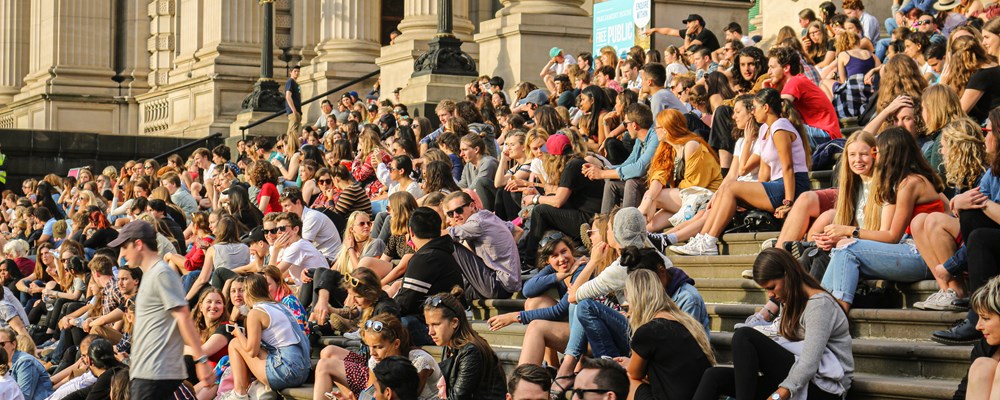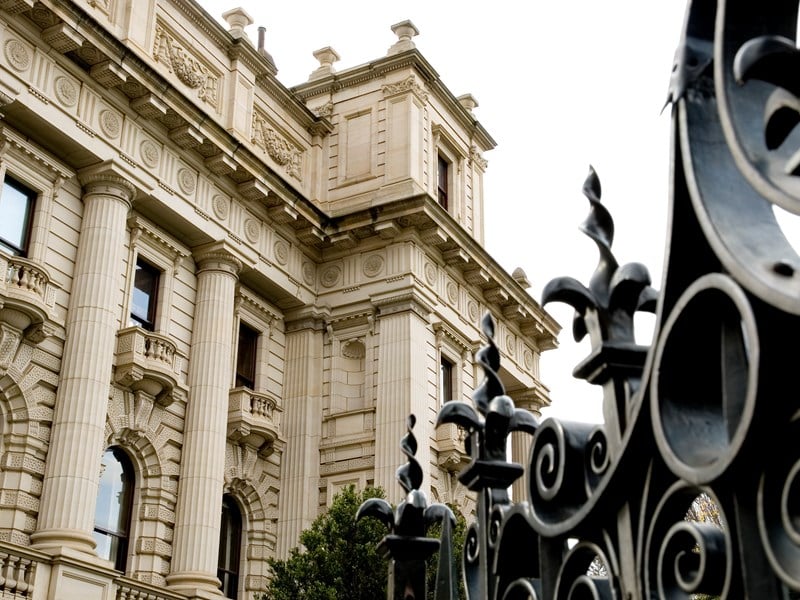What is Parliament?
The Parliament of Victoria represents you when making decisions for our state. Its main roles are to debate issues, pass laws and hold the government to account.

On this page
The three parts of Parliament
Legislative Assembly
an elected group of 88 members
Legislative Council
an elected group of 40 members
The King
represented by the Governor
Role
Members of the Victorian Parliament:
- form a government from its members
- represent the opinions of the people of Victoria in a public forum
- debate, pass, amend and repeal laws
- examine and approve government taxes and spending
- hold the government to account for its policies and actions.
Responsibilities
As a state parliament, the Parliament of Victoria is responsible for sectors such as:
- crime
- schools
- hospitals
- emergency services
- water
- public transport and roads
- agriculture
Laws about national matters such as defence, immigration and foreign affairs are the responsibilities of the federal Parliament. Visit the federal Parliament website here.
Local matters such as building permits, waste management and pest control are the responsibility of your local council. Find contacts for your local council here.
Differences between Parliament and government
|
Parliament of Victoria |
Victorian Government |
|
| Main roles |
To make laws To hold the government to account for its decisions |
To govern the state and set policy To administer and implement laws |
| Members |
All members of Parliament and the Crown |
Premier and ministers |
| How are members chosen? |
Elected by the Victorian people. Each member represents a district (Lower House) or region (Upper House) of Victoria. |
Formed by the party, or coalition, that wins the majority of seats in the Legislative Assembly |


